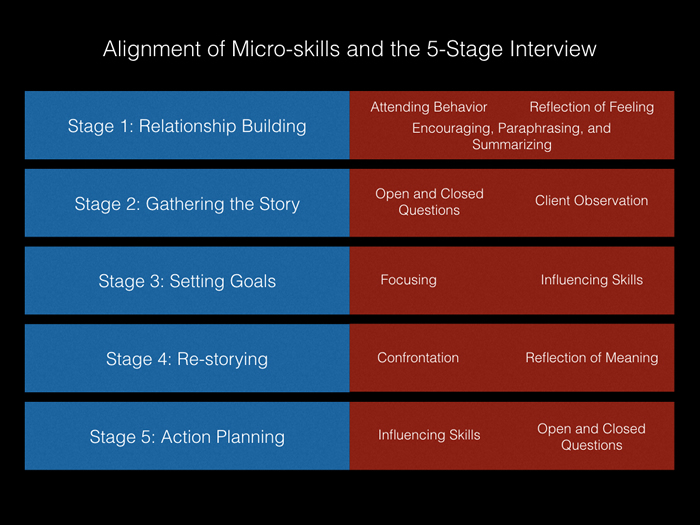Lesson 1: Introduction and Orientations
Attention

This first lesson is really like using a compass…you are getting your bearings in this online class, finding out where things are, and getting the lay of the land!
It is vital that you read all the documents that have been provided in this course to get a feel for all the complexity of this online class. And, I said "complexity", not "complex". It is not DIFFICULT to get around, there is just a lot here so you need to spend some time getting to know it. Sort of like exploring a city instead of a small town!
In each of these Lesson Plans you will see this same organization of material...an "Attention Getter" like this one...then a listing of the Learning Outcomes (what I expect you will be able to do when we are done with this lesson plan), the Teaching material for you to review, and finally the Assessment activities that are going to allow you to demonstrate that you GOT the Learning Outcomes.
ENJOY!
Learning Outcomes
Upon completion of this lesson's material, students will be able to:
- Navigate the Blackboard interface
- Describe the overall nature of the course
- Describe the various types of assignments that they will need to do
- Describe the relationship between the course content (micro-skills) and the Case Management process (5-Stage Interview)
Teaching
Review all the documents in the first page links, Course Navigator, Content, Practice Sessions, and Final links and familiarize yourself with all the functions of Blackboard.
Spend the time to search around the site and get the "lay of the land". You need to do this so that the "technology" is not a barrier to your success.
Why learn about Interviewing and Counseling?
As you make your way through the lesson plans in this course you will find that it is geared toward teaching you about the process of Psychotherapy, which you will NOT be doing in your work! We teach this course in this manner because these skills are not only important in the process of psychotherapy, but also in all of our interactions with others.
As mental health professionals we have the tools to not only enhance our relationships with our clients, but to enchance our relationships with everyone in our lives!
Why are interviewing and counseling skills important for an individual working as an MHRT/C? Some of the roles for MHRT/C’s in Maine include these titles:
- Community Integration/Case Management o Skills Development
- Residential Support Staff
- Day Support Services
- Assertive Community Treatment (ACT)
- Crisis Intervention
- Behavioral Health Support Staff
- Clubhouse Staff Members
In each of these roles you will be working one on one with individuals in their homes and communities. MHRT/C’s regularly interact with clients, family members, their friends, and other service providers. Your ability to interact professionally with all of these individuals will be very important for your success in any of these roles. You will need to have the skills to know how to ask questions to gain relevant information, how to direct conversations to remain on task, how to assess for safety and sometimes how to de-escalate volatile situations.
This course will provide you with some basic interviewing and counseling skills to enable you to complete future assignments such as collecting assessment information, determining an individual’s level of risk (crisis assessment), conducting treatment planning, documenting interactions and communicating with others who are also involved in your clients’ lives. It is always important to remember that every client you interact with is a person in his or her environment.
To the point of Case Management however, we should introduce the 5-Stage Interview Process.
The 5-Stage Interview Process represents the steps we take in developing and implementing a treatment plan...this is a process that is shared by nearly every helping profession. The content of this course (micro skills) can be embedded into the 5-Stage Interview Process. The graphic and movie below may help you understand how the content of this class integrates into the type of work you will be doing as a Case Manager.

Assessment
Lesson 1 Discussion A
In this discussion I would like you to post your Introductory Video. For this task you are going to create a brief introductory video of yourself using your iPad! Reply to each others' posts with questions and comments.
There are some choices in terms of how you want to create a recording. For more information on creating videos on your iPad click HERE. |
Lesson 1 Discussion B
Please review the video on the alignment between the micro-skills appraoch in this class and the 5-Stage Interview Process. What skills do you feel you ALREADY have? Where have you been able to use these skills in the past? Which ones do you think represent challenges for you?
For full credit in the graded discussions you need to post at least ONE response to the prompt in the Lesson and reply to at leaset TWO other students' posts. Your reply posts must be substantive. Please see the grading rubric in the Syllabus for this course for more details.
These instrucitons apply to all the graded discussions in this course and will not be repeated.
